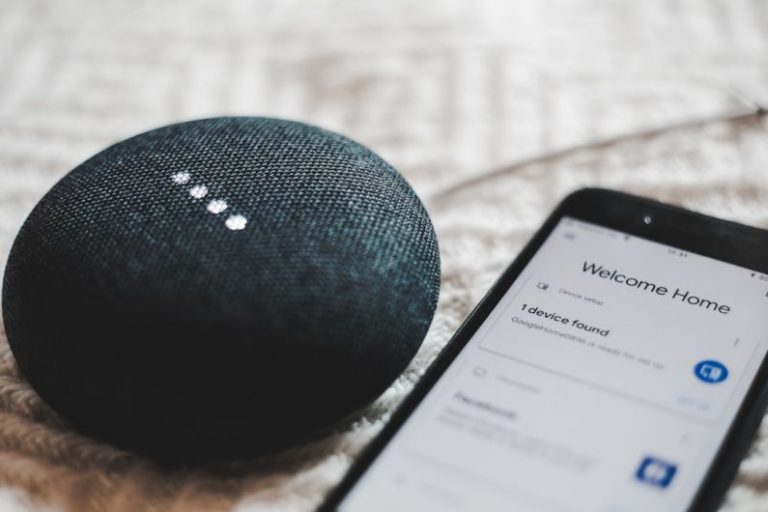Protecting Your Privacy Online
In today’s digital age, the internet plays a significant role in our daily lives. From social media platforms to online shopping, we rely on the internet for various activities. However, with the convenience of the online world comes the potential risk of compromising our privacy. Protecting your privacy online is crucial to safeguarding your personal information and maintaining control over your digital footprint. By implementing some simple yet effective strategies, you can enhance your online privacy and reduce the likelihood of falling victim to cyber threats.
Understanding the Importance of Online Privacy
Privacy is a fundamental human right that should be protected both offline and online. In the digital realm, our personal information, such as our name, address, contact details, and browsing history, is constantly being collected, tracked, and stored by various entities. This data can be used for targeted advertising, identity theft, or even surveillance. Therefore, taking proactive steps to protect your online privacy is essential in today’s interconnected world.
Utilize Strong and Unique Passwords
One of the simplest yet most effective ways to enhance your online privacy is by using strong and unique passwords for all your online accounts. Avoid using easily guessable passwords such as “123456” or “password.” Instead, opt for complex combinations of letters, numbers, and special characters. Additionally, it is crucial to use a different password for each of your accounts to minimize the impact of a potential data breach.
Enable Two-Factor Authentication
Two-factor authentication (2FA) adds an extra layer of security to your online accounts by requiring you to provide a second form of verification, such as a code sent to your phone, in addition to your password. By enabling 2FA, you can significantly reduce the risk of unauthorized access to your accounts, even if your password is compromised. Many online services offer 2FA as an option, so be sure to take advantage of this feature whenever possible.
Be Mindful of Your Online Activities
When browsing the internet, be mindful of the information you share and the websites you visit. Avoid clicking on suspicious links or downloading attachments from unknown sources, as they may contain malware or phishing attempts designed to steal your personal information. Additionally, be cautious when sharing personal details on social media platforms, and review the privacy settings of your accounts to control who can see your posts and information.
Use a Virtual Private Network (VPN)
A Virtual Private Network (VPN) encrypts your internet connection and masks your IP address, providing you with an added layer of privacy and security while browsing the web. By using a VPN, you can prevent third parties, such as internet service providers or hackers, from monitoring your online activities and tracking your location. Consider using a reputable VPN service to safeguard your privacy when accessing the internet, especially when using public Wi-Fi networks.
Regularly Update Your Software and Devices
Keeping your software, operating systems, and devices up to date is crucial for maintaining your online privacy and security. Software updates often include patches for known vulnerabilities and security flaws that cybercriminals could exploit to gain unauthorized access to your information. Set your devices to automatically install updates to ensure that you are protected against the latest threats.
Conclusion: Safeguarding Your Online Privacy
In conclusion, protecting your privacy online is a continuous effort that requires vigilance and proactive measures. By utilizing strong passwords, enabling two-factor authentication, being cautious of your online activities, using a VPN, and keeping your software up to date, you can enhance your online privacy and reduce the risk of falling victim to cyber threats. Remember that safeguarding your personal information is essential in preserving your digital identity and maintaining control over your online presence. Stay informed, stay proactive, and prioritize your online privacy in today’s interconnected world.






